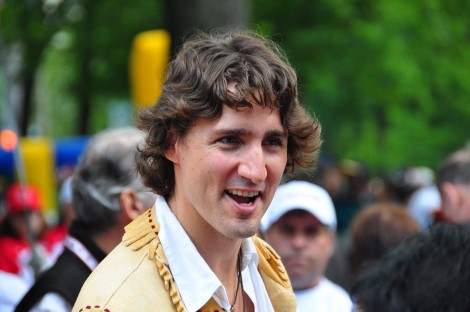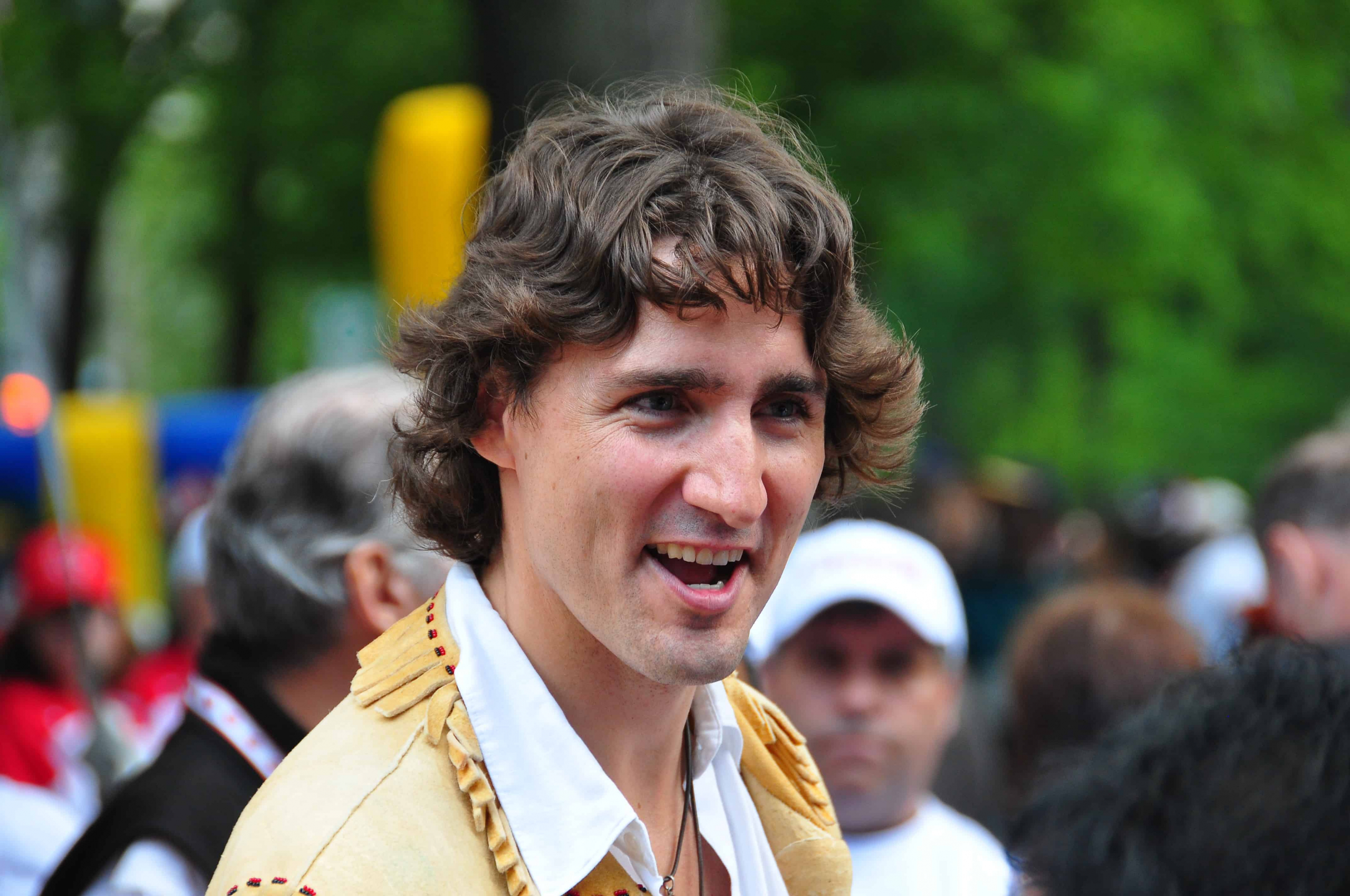“A successful political party requires three things: money, power and a platform. Right now, Canadian Liberals have none of these things.” This was the dismal assessment made by president of the Liberal Party of Canada Mike Crawley this past Wednesday at a forum titled “Third Party Problems.” The evening’s theme seemed to be self-mortification. Elitism, corruption, reliance on the party’s past popularity, and the party’s failure to generate engagement with immigrants, young people, and most of western Canada were all a part of the lash applied to a bruised back.
[pullquote]Justin Trudeau will be the Liberal platform and a platform based on personal popularity is nothing more than demagoguery.[/pullquote]
Crawley insisted that the Liberal party must move to the center once again through policy aimed at generating increased federal income and improving the personal liberties of all Canadians. More than anything though, Crawley wanted the half-full auditorium to understand that the question was not “how do we win?” but “how do we restore?” Stripping away presumed Liberal privilege will, he claimed, allow his party to stop being a failed emblem of a bygone era and begin to be a successful advocate for clearly defined positions that appeal to a broad base of Canadians. When Crawley spoke about what was needed in the next liberal leader, he made no reference to Trudeau Sr. or Jean Chretien, but spoke instead about Jack Layton.

HUSSEIN ABDULLAH/FLICKR
As the former NDP leader was being sanctified by the president of the Liberals, Justin Trudeau took to the stage in a Hamilton hotel ballroom. The venue was packed and the audience jubilant at the opportunity to see this former snowboard instructor explain how he will revive a party in its death throes. He spoke. There were cheers. He left. The starry-eyed followers swooned. It appears that his great contribution to the Liberal Party, aside from his storied name, are hair and teeth — two attributes Jack Layton lacked.
There is something to be said for any politician that can create hope and optimism just by shaking a hand. We see the future bright and potent simply by being in the presence of someone who makes us feel better about ourselves. These are valuable qualities but they are far too small a wave for Trudeau to ride to the leadership of his party. At least they should be. It is likely that in the coming months Trudeau’s advisers will punch out policies in line with the ones suggested by Crawley. We will see Trudeau making great speeches aimed at youths, seniors, and immigrants that he will claim have been disenfranchised by the cold, bureaucratic Conservatives. He will attract the brightest Liberal minds and he will begin to appear credible and stand a very real chance of winning the leadership race.
But at the end of the day, Trudeau is a candidate of hair and teeth. A couple of terms in his Papineau riding and a great personality do not make him a suitable leader no matter how intensive a crash-course he receives from party elders between now and April. Trudeau is not qualified. He will bring money and maybe a bit of power to the race, through the glut of media attention being heaped on his appearances. But Trudeau will be the Liberal platform, and a platform based on personal popularity is nothing more than demagoguery.
To restore, the Liberals must redefine their brand. Trudeau is a brand unto himself and his candidacy makes it easy for his party to ignore the hard work Crawley insists is needed if the Liberals are to be credible again. It seems likely, however, that hair and teeth will win the day. Instead of being the death of the Liberal party — as it should be — Trudeau’s election to his party’s leadership will almost certainly put this country in very real danger of being run by a name, a mane and a smile.


